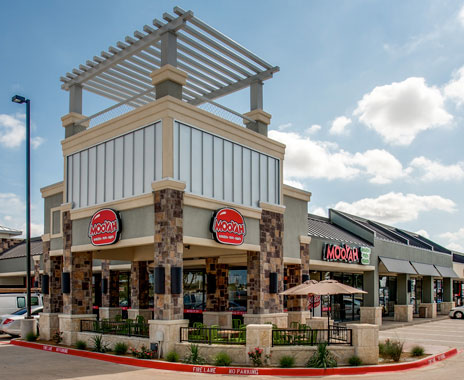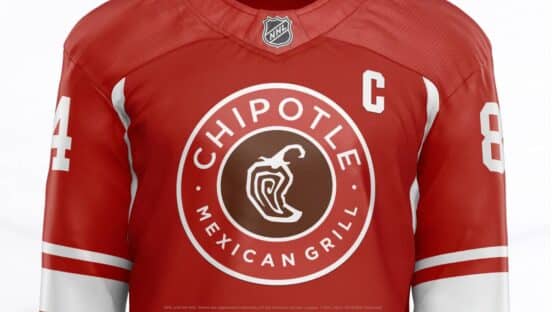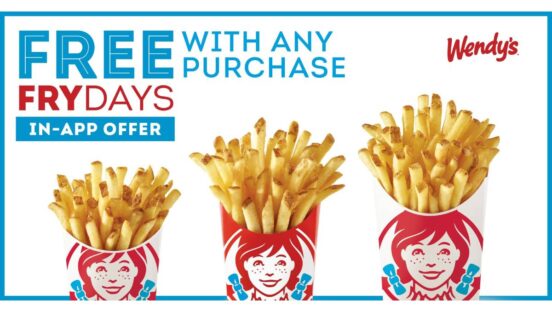Executives, store managers, and everyone else involved in a restaurant business dreads reading horrible online reviews of their company’s food, service, and atmosphere. But like them or not, reviews have become a significant part of the dining process, and recent research finds that review websites like Yelp! are an essential part of how consumers decide where to eat.
More than 80 percent of consumers check online reviews before making a purchase or visiting a restaurant or hotel, according to Experian Marketing Services. And local search and digital marketing firm Placeable found in a recent survey that 53 percent of Millennials say reviews are helpful to them when they are planning a visit to a national restaurant chain. Younger consumers—those who are 18–24 years old—are twice as likely as the rest of the population to use Yelp, according to Hitwise, a division of Experian.
Some quick-serve and fast-casual operators are using review websites to turn critics into brand fans, responding to feedback on the sites in a timely manner.
“We are hypersensitive to any guest feedback, whether it comes through text, email, Facebook, [or other avenues],” says Michael Mabry, COO of Mooyah Burgers, Fries & Shakes. “With reviews, we want to make sure we are communicating with any guest who wants to communicate with us.”
Mabry says Mooyah executives are in the midst of developing best practices on review response across the chain. “You can’t just halfway do it. We think we have to be all in and communicate back and forth with the guest,” he says. “We are in the process of creating an actionable plan on what we are going to do with those reviews, whether they are going to be answered via the franchisee, the corporate office, or both.”
Christina Ferris, public relations and marketing manager for Smashburger, says the brand has worked closely with Yelp in the last few years, adding that general managers are responsible for responding to reviews. Smashburger welcomes both positive and negative reviews on Yelp and other sites, she says, because “no one wants to go to a page and see only positive reviews. That is not a fair representation of any brand.”
However, a customer’s negative review can be turned into a positive review with the proper response from management.
“Managers commenting on it can turn it from a two-star review into a four- or five-star review,” Ferris says. Smashburger is putting together data analytics on store reviews, as well as a corporate learning module, so all managers can respond to reviews the same way.
Atlanta-based Wing Zone similarly responds to negative reviews to try to turn them into positives.
“It allows you to keep those lifetime customers who are in every week,” says Dan Corrigan, marketing manager for Wing Zone. The brand’s social media staff monitor review and social media sites, and franchisees set up Yelp business accounts for their location, responding to negative feedback and thanking guests for positive feedback.
Restaurant industry consultants agree with the proactive tactics that Smashburger, Wing Zone, and other brands are employing.
“A bad review is an opportunity to win a guest for life. You need to be able to respond and take a proactive stance,” says David Kincheloe, president of National Restaurant Consultants. In responding to negative reviews, he says, restaurants should acknowledge that there was a problem—even if there wasn’t one—and invite them back in. Some restaurants may consider offering to treat the reviewer to a meal.
For the most part, though, a majority of independent and chain restaurants are simply ignoring reviews from Yelp, TripAdvisor, and other sites, says Bill Tancer, author of Everyone’s a Critic and general manager of global research for Experian Marketing Services. “People are not paying attention to the reviews. … It is very hard for them to meet the criticism,” he says. “It shows this huge gap; here you have this huge tool that is so important for consumers, but is not important to business owners.”
In fact, some restaurant operators have decided to protest Yelp’s policies. For example, San Francisco–based Botto Bistro urges its customers to give the restaurant bad reviews to demonstrate that the site can allegedly manipulate rankings. The restaurant contends that restaurants that pay for advertising on Yelp receive higher reviews.
Tancer says the worst thing an operator can do is ignore reviews and not respond to reviewers.
“You don’t want to incite, either,” he says. “You have to respond as professionally as possible, leaving an open door for them to contact you.”





